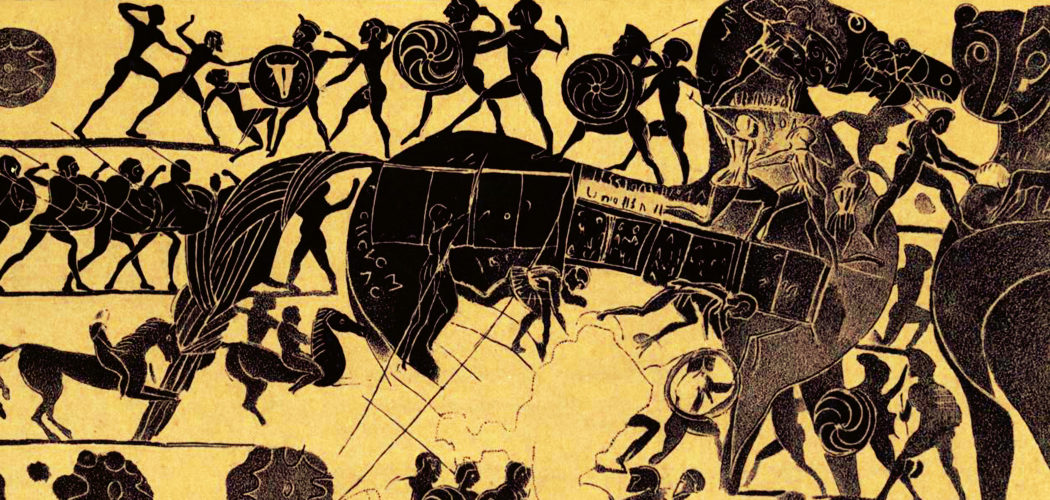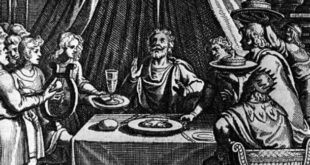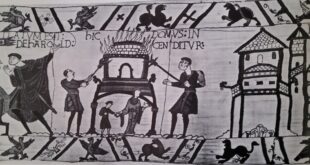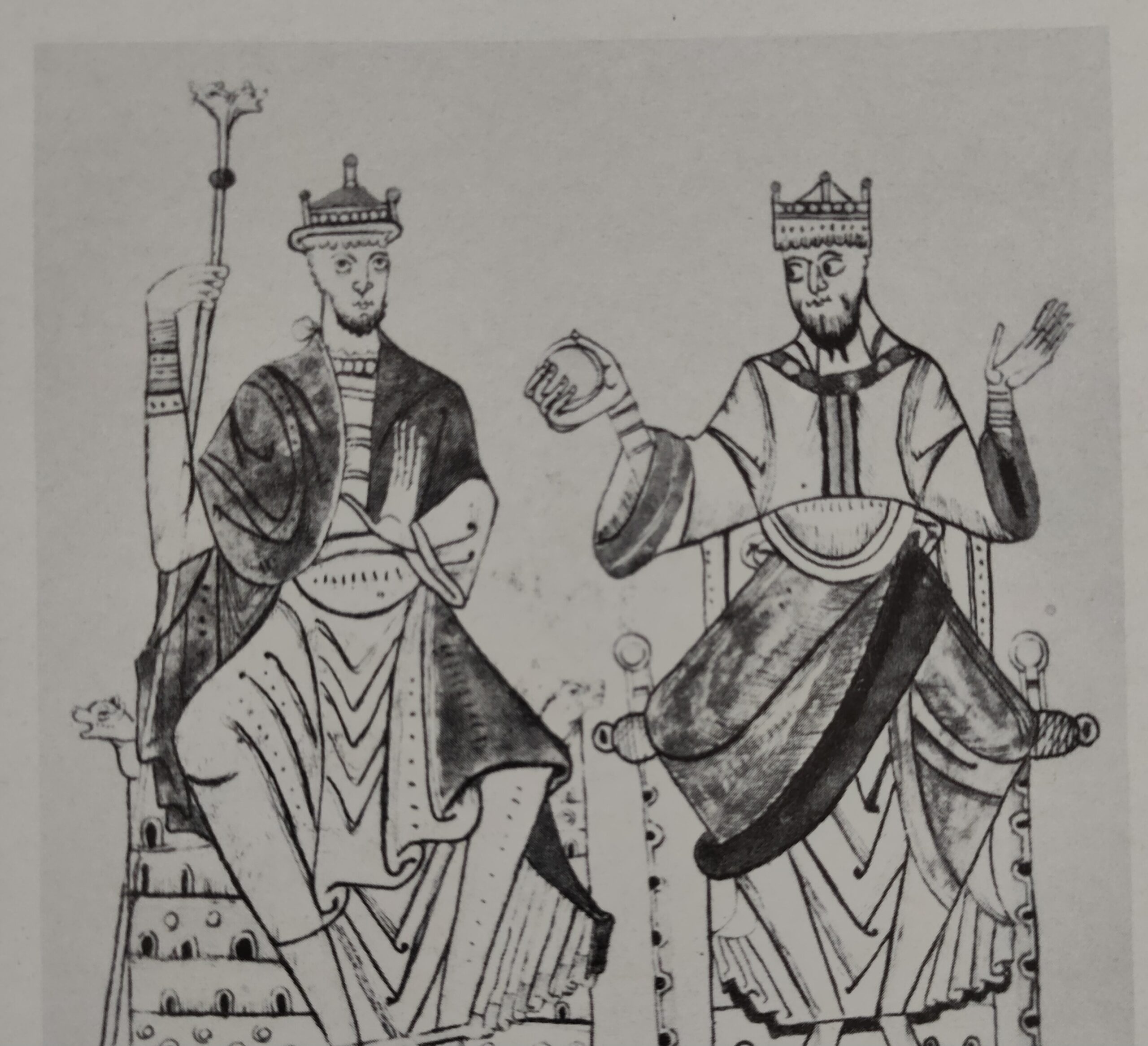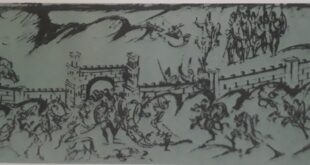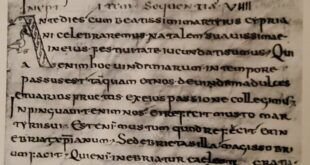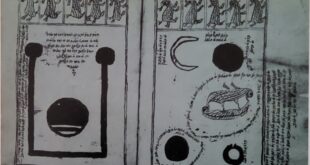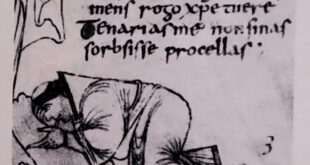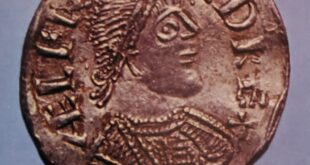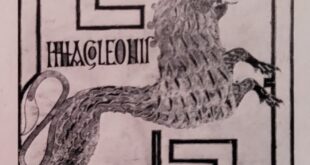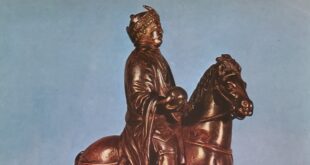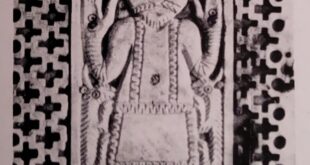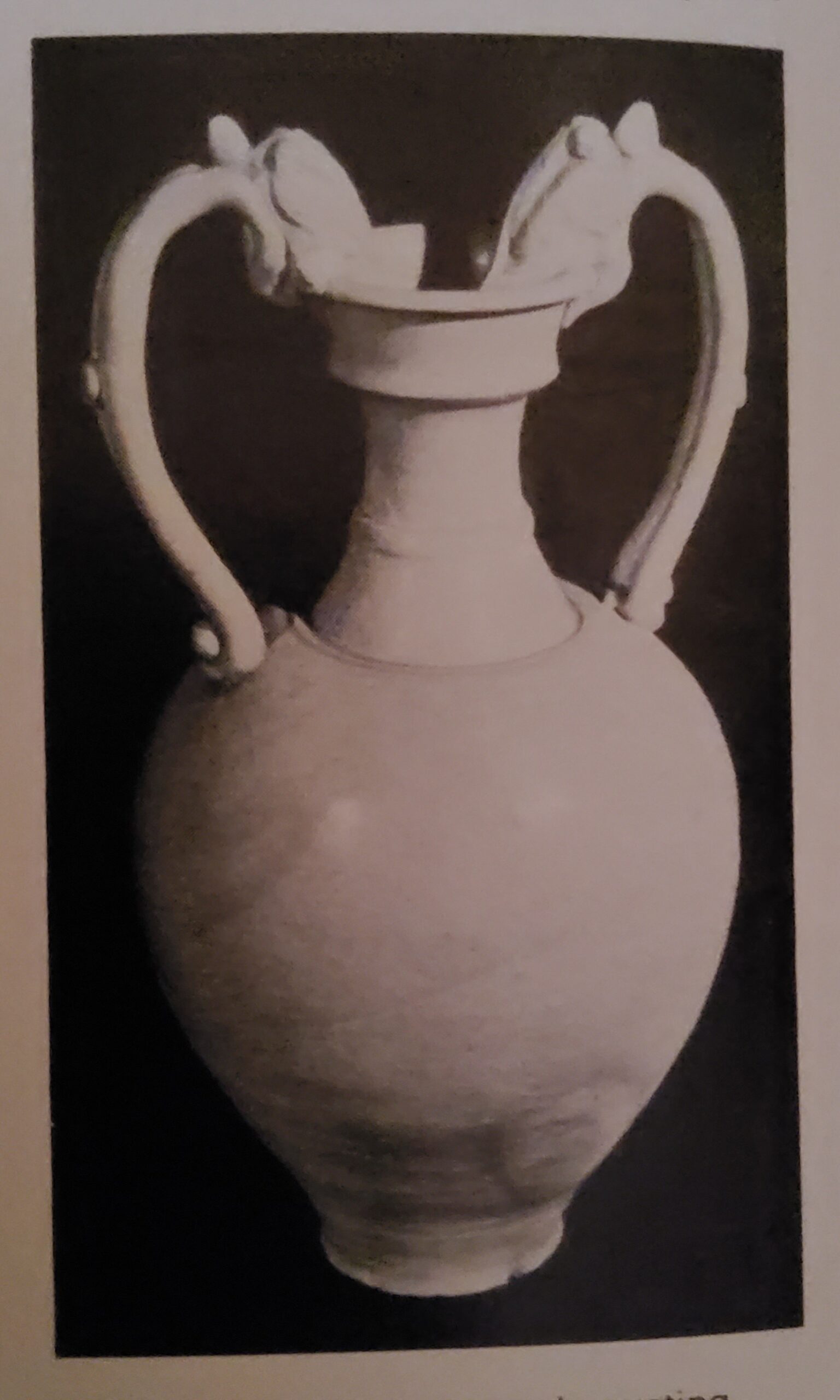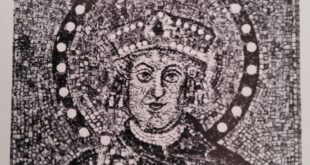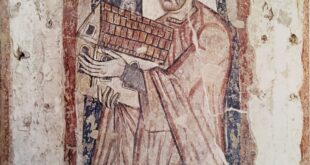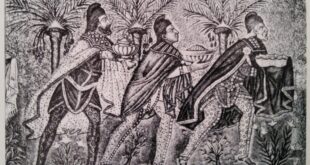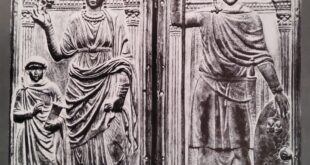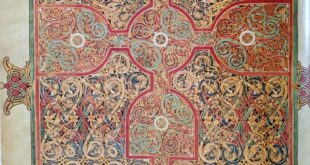Parts of the story of the Trojan War are told in two poems the Iliad (Ilium = Troy) and the Odyssey (Odysseus was one of the Greek Generals) by Homer, the earliest Greek poet. A hundred years ago the war was regarded as a legend, but a German-American, Heinrich Schliemann, who had learned to love Homer as a boy and became immensely rich, determined to try and find Troy by digging. He succeeded, in 1871 and later proceeded to excavate Mycenae. He made many mistakes, but his work and the work of those who followed him have made it possible to answer ‘Yes’ to the question ‘Was there a Trojan War?’
We now know that from about 2500 B.C. a number of great cities existed on the site of Troy, each one built on top of the ruins of its predecessor.
The sixth city was built about 1500 B.C. and its destruction by the Greeks is now thought to have taken place about 1180 B.C., that is, about the time when the great days of Mycenae were coming to an end.
We know nothing at all about the course of the war, but its cause may well have been a quarrel over Black Sea trade. Troy’s position naturally tempted her to try and exact tribute from ships passing through the Hellespont.
Homer and the archaeologists thus give us some sort of picture of the Greeks in about 1200 B.C., but after the end of the Trojan War we enter a period of several centuries about which neither legends nor written accounts nor archaeologists can tell us very much.
